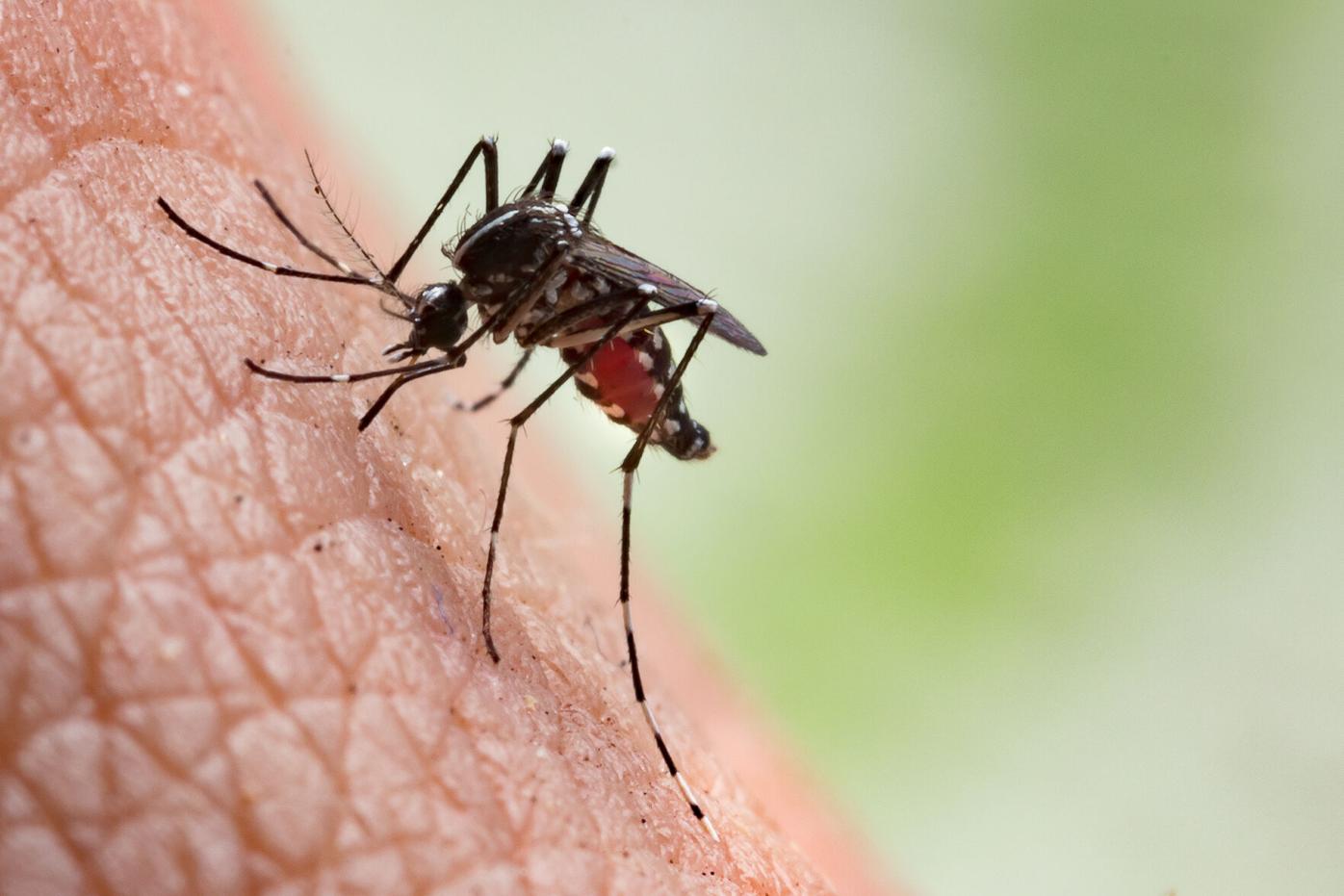This bites: West Nile virus detected in Denver mosquito sample
The West Nile virus, a viral infection primarily spread through the bite of an infected mosquito, has been detected in a routine mosquito sample from Denver, according to local public health officials.
This makes Denver the second county, after Larimer, to report the virus this year.
West Nile virus is transmitted to humans through a bite from an infected mosquito, although only about one-in-five people who are infected develop flu-like symptoms.
Experts say that while everyone is at risk of contracting the virus, individuals over 55 years old or those with weakened immune systems are at higher risk
The most common symptoms of West Nile virus — fever, extreme fatigue, headache, and body aches — usually appear three to 14 days after being bitten by an infected mosquito.
In other cases, symptoms may include swollen lymph nodes and skin rashes.
Anyone experiencing any of these symptoms should consult a physician and get tested.
While most infections are mild, severe cases can lead to encephalitis or inflammation of the brain and other complications, including death.
The Colorado Department of Public Health and Environment recommends using an insect repellent that contains DEET, picaridin, IR3535, oil of lemon eucalyptus, or para-menthane-diol when outside.
Other recommendations include wearing closed-toe shoes, long sleeves and pants to cover as much exposed skin as possible, with loose-fitting clothes being the best at preventing bites.
Standing water should be drained at least once a week and leaky faucets and broken sprinkler systems should be repaired to prevent pooling where mosquitoes may breed.
Drain and cover fountains or pools when not in use.
Apply larvicide when this isn’t possible.
Local mosquito activity typically peaks at dusk and dawn. To reduce exposure to mosquitoes, DDPHE suggests limiting outdoor activities at these times.
Mosquitoes in Colorado can be active as early as May, continuing through the first hard freeze of the year.
The Denver Department of Public Health and Environment routinely traps and collects adult mosquitoes at five sites across the city to determine if the virus is present in local mosquito populations.
The five samples are sent to the CDPHE for testing and confirmation, DDPHE spokesperson Ryann Money told The Denver Gazette in an email.
No human cases or deaths from the virus have been reported so far.





